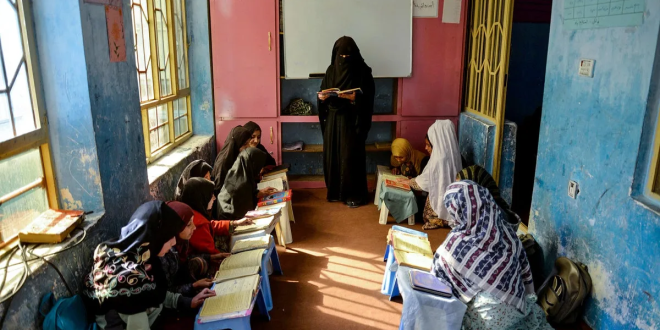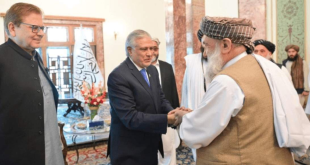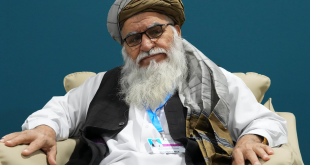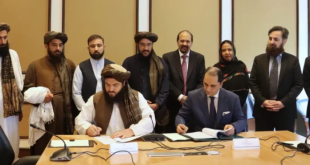KABUL — In a dramatic escalation of its cultural crackdown, the Taliban has blacklisted more than 600 books across Afghanistan, targeting globally renowned titles such as Yuval Noah Harari’s Sapiens, Dante’s Divine Comedy, Joseph Smith’s The Book of Mormon, and Kahlil Gibran’s The Prophet. The purge is part of a sweeping directive from Taliban supreme leader Mullah Hibatullah Akhundzada, who ordered authorities to cleanse school libraries, universities, bookstores, and even private collections of any material deemed “deviant” or “anti-Islamic.”
Among the books being pulled are not only secular bestsellers, but also works by prominent Islamic thinkers and reformers—suggesting that the Taliban’s censorship campaign targets a wide spectrum of religious and intellectual discourse. Banned authors include Sayyid Qutb, Yusuf al-Qaradawi, and Iranian philosophers such as Ali Shariati and Morteza Motahari. Even publications promoting social justice in Islam, or exploring intra-Muslim diversity, have been labeled dangerous.
Western concepts like democracy, women’s rights, and secular governance are now considered subversive. Taliban officials have explicitly banned literature touching on United Nations values, civil liberties, and critiques of the regime. In many cases, books are removed simply for containing “praise of music,” “Shi’ite ideas,” or “defense of human rights.” In Herat, librarians confirmed that more than 620 titles have already been stripped from shelves under such pretexts.
Four Taliban ministries—including Religious Affairs and Education—met earlier this month to enforce the order and formed a powerful review committee. The Ministry of Religious Affairs has pledged to distribute new “guidelines” to teachers and imams so they can help identify and denounce “culturally harmful” books in accordance with Sharia law.
Publishers and bookstore owners, now under direct surveillance, say enforcement is arbitrary and often driven by personal whims of Taliban officers. “There’s no transparent process,” said a Kabul-based publisher. “Any Taliban member can walk in, declare a book un-Islamic, and confiscate it on the spot.” Some report that Taliban border agents are now redacting book illustrations and turning away entire shipments of literature, particularly those arriving from Iran.
Critics warn that the Taliban is not only gutting Afghanistan’s literary and intellectual landscape but also criminalizing curiosity, knowledge, and open dialogue. With this ideological purge, the regime appears determined to roll back decades of cultural pluralism and replace it with a rigid, isolationist worldview.
The Taliban has framed the campaign as a necessary defense against “cultural invasion” from the West and secular Muslim reformists. “Afghanistan didn’t just suffer from foreign soldiers,” said Religious Affairs Minister Noor Mohammad Saqib, “but from foreign ideas meant to corrupt our values.” He added that Taliban clerics would now “reeducate” the Afghan public on what constitutes “pure Islamic content.”
As Afghanistan’s publishing industry collapses and academic freedom vanishes, the Taliban’s message is clear: books that challenge their rule—whether religious, historical, or literary—have no place in the country’s future.
 Afghanistan Times
Afghanistan Times




